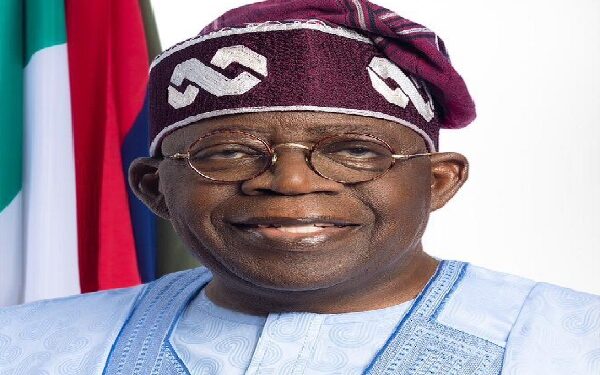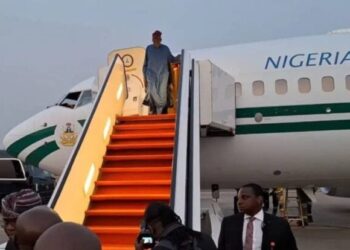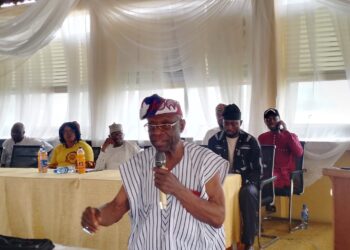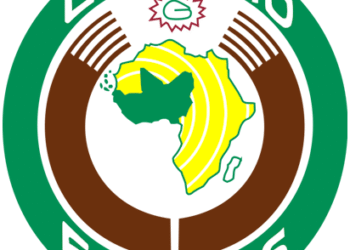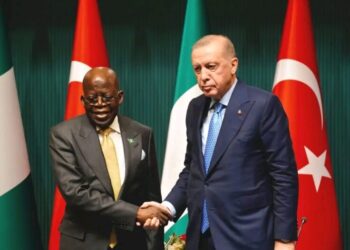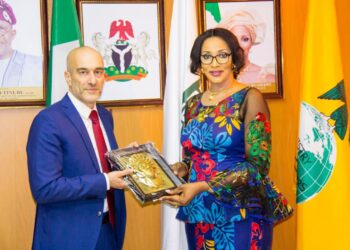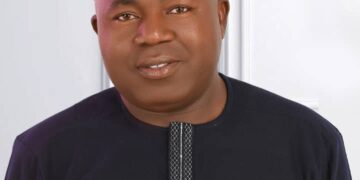Nigeria’s President, Bola Ahmed Tinubu is shocked and deeply concerned about the latest coup on the continent of Africa, the Wednesday coup in the Republic of Gabon.
Gabon’s coup came less than two months after a democratically elected government was toppled by mutineers led by presidential guard commander, General Abdourahamane Tchiani, in the Niger Republic.
The Economic Community of West African States (ECOWAS) was still deliberating and considering many measures to see to the restoration of democratic order in Niger when the Republic of Gabon in the West Coast of Central Africa suffered the same fate on Wednesday.
President Tinubu who is the ECOWAS Chairman has expressed deep concern about the the Gabon coup and indicated readiness to consult with other Heads of State and Government in the African Union (AU).
This was disclosed by the Special Adviser to the President on Media and Publicity, Ajuri Ngelale, while briefing State House correspondents in Abuja on Wednesday.
“President Bola Tinubu is watching closely with deep concern for the country’s socio-political stability and at the seeming autocratic contention apparently spreading across different regions of our beloved continent.
“The president as a man who has made significant sacrifices in his life in the course of advancing and defending democracy is of the belief that power belongs in the hands of Africa’s great people and not in the barrel of a loaded gun,” Ngelale said.
The military officers, who deposed the country’s democratically elected President Ali Bongo, immediately announced the suspension of all democratic structures in the country and the cancellation of results of the disputed Tuesday presidential election.
Ali Bongo, 64, who in 2009 succeeded his father Omar Bongo who spent 42 years in power as president is now put under house arrest.
Gabon is rich in natural resources such as timber, manganese and oil and it’s the fifth-largest oil-producing nation in Africa, which has helped drive its strong growth.
The country’s oil sector now accounts for 50 per cent of its GDP and 80 per cent of its exports.


